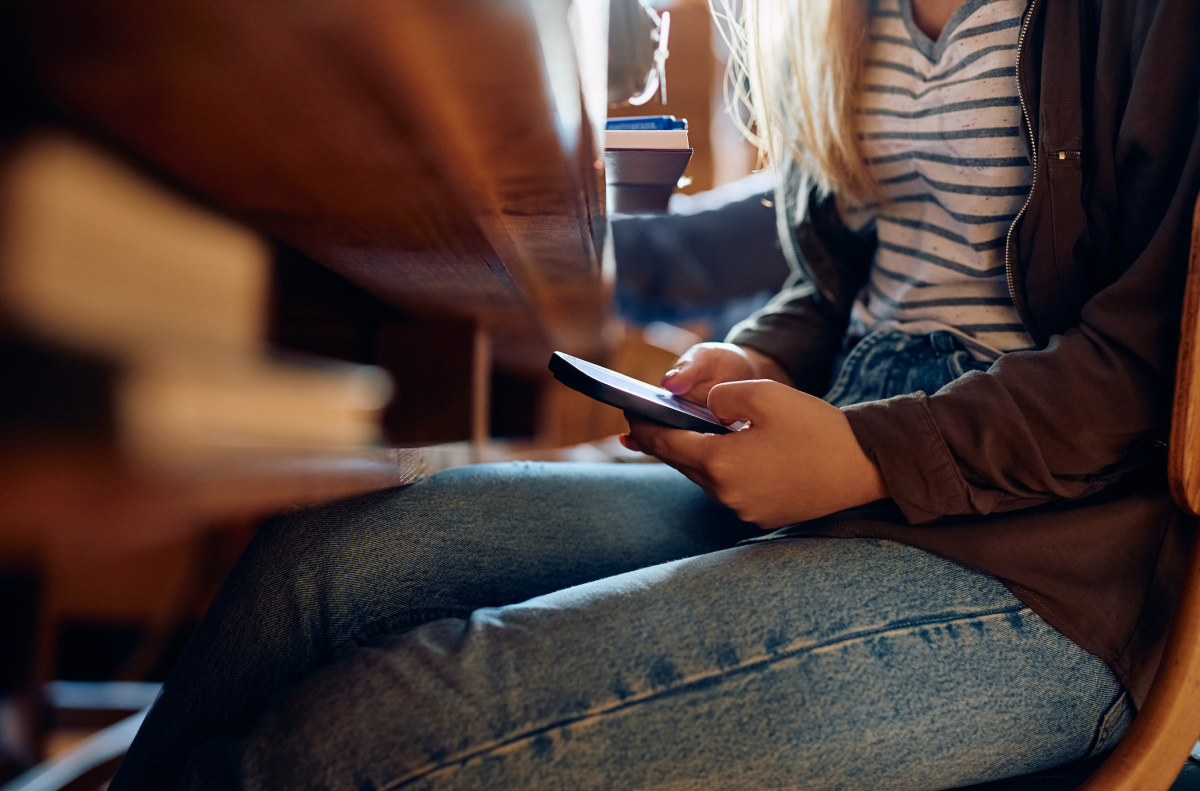On July 9, Gov. Glenn Youngkin issued an executive order calling for “cell phone-free education” across Virginia. Rather than issuing a direct guideline, the EO outlines a rapidly paced timeline for stakeholder feedback and policy development.
“This essential action will promote a healthier and more focused educational environment where every child is free to learn,” said Youngkin in a press release announcing the action. “Today’s executive order both establishes the clear goal to protect the health and safety of our students by limiting the amount of time they are exposed to addictive cell phones and social media and eliminates clear distractions in the classroom.”
In the order, Youngkin indicates that the directive was prompted by rising rates of depression and suicide among teenagers in addition to a dip in academic performance trends. (Meanwhile, Youngkin has not expressed support for regulating guns, the most common method used in deaths by suicide.)
Under Youngkin’s EO, leaders in the Department of Education, Department of Health and Human Resources, and other related agencies have until August 15 to publish a draft guidance factoring in feedback and best practices from stakeholders. As part of this process, the agencies will also define exactly what a “cell phone-free education” means. Feedback on the policy guidelines will be gathered through online comment and listening sessions, according to the EO.
None of the Commonwealth Conversations listening sessions will be held in Charlottesville, with the closest event set for July 31 in Waynesboro. Those looking for more information on the events or to comment online can visit doe.virginia.gov.
While Youngkin’s office describes the executive order as the first statewide action on cell phone usage in the classroom, the action largely mirrors rules and expectations currently in place across the commonwealth.
In Charlottesville City Schools, students are already required to keep their devices “off and away all day.” The district has also publicly discussed the potential implementation of Yondr pouches—lockable magnetic cases that make devices inaccessible in phone-free zones—but has paused rollout.
“We expect we are already in line with the guidelines that the state will develop—but we are prepared to be responsive and adjust accordingly,” said CCS Community Relations Coordinator Amanda Korman in a comment via email.
“While cell phones have many benefits, they can also be a distraction to student learning and harmful to mental well-being,” said Korman. “We have found that the ‘off and away all day’ policy has had a positive impact in our classrooms, and, to a lesser degree, in our hallways, lunchrooms, and restrooms.”
Albemarle County Public Schools has less restrictive cell phone policies but does prohibit the use of personal devices during “instructional periods.” Unlike their peers in CCS, ACPS students are allowed to use their phones before and after school, between classes, and during lunch.
At press time, ACPS has not responded to a request for comment.
Both CCS and ACPS mention the detrimental effects of cell phone use on mental health and academic performance in the districts’ cell phone policies, largely mirroring the concerns expressed by Youngkin in his executive order.
The executive order can be found in its entirety on the VDOE and Governor’s websites.
